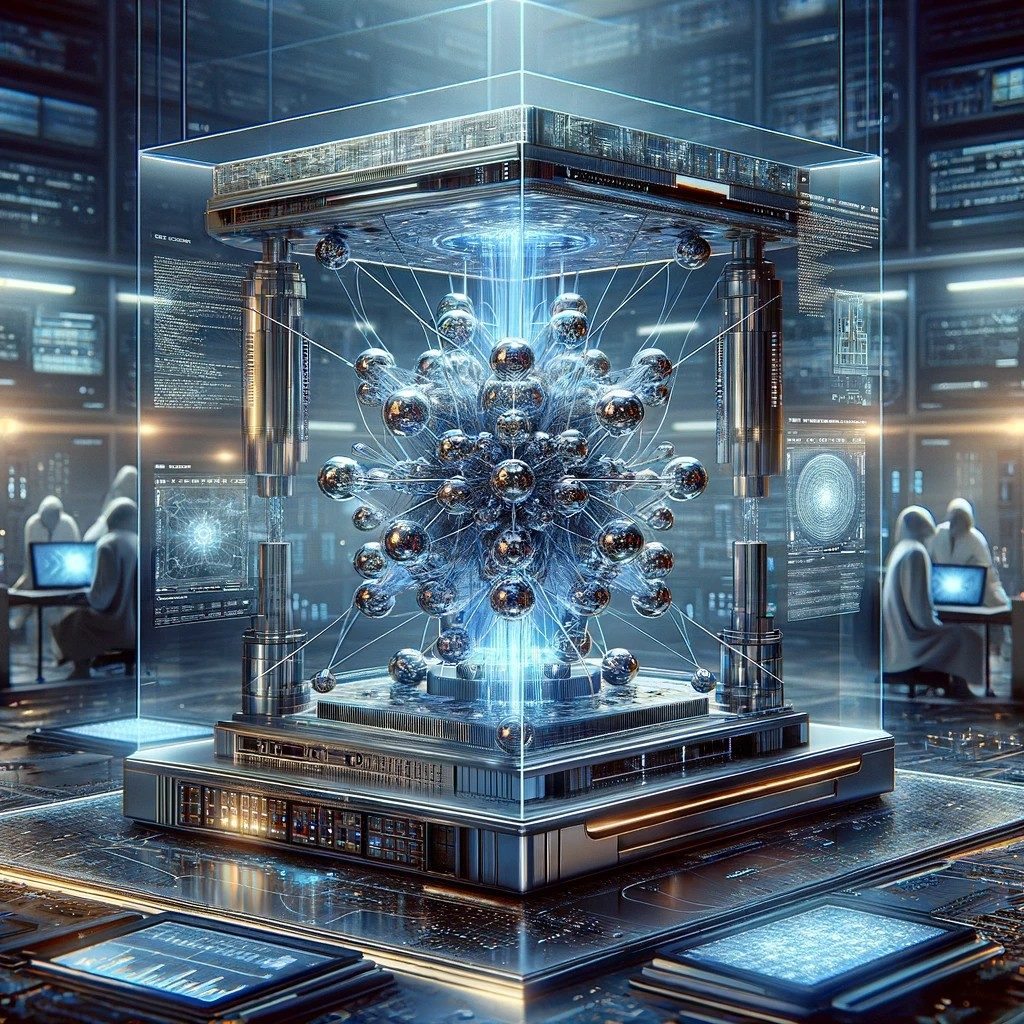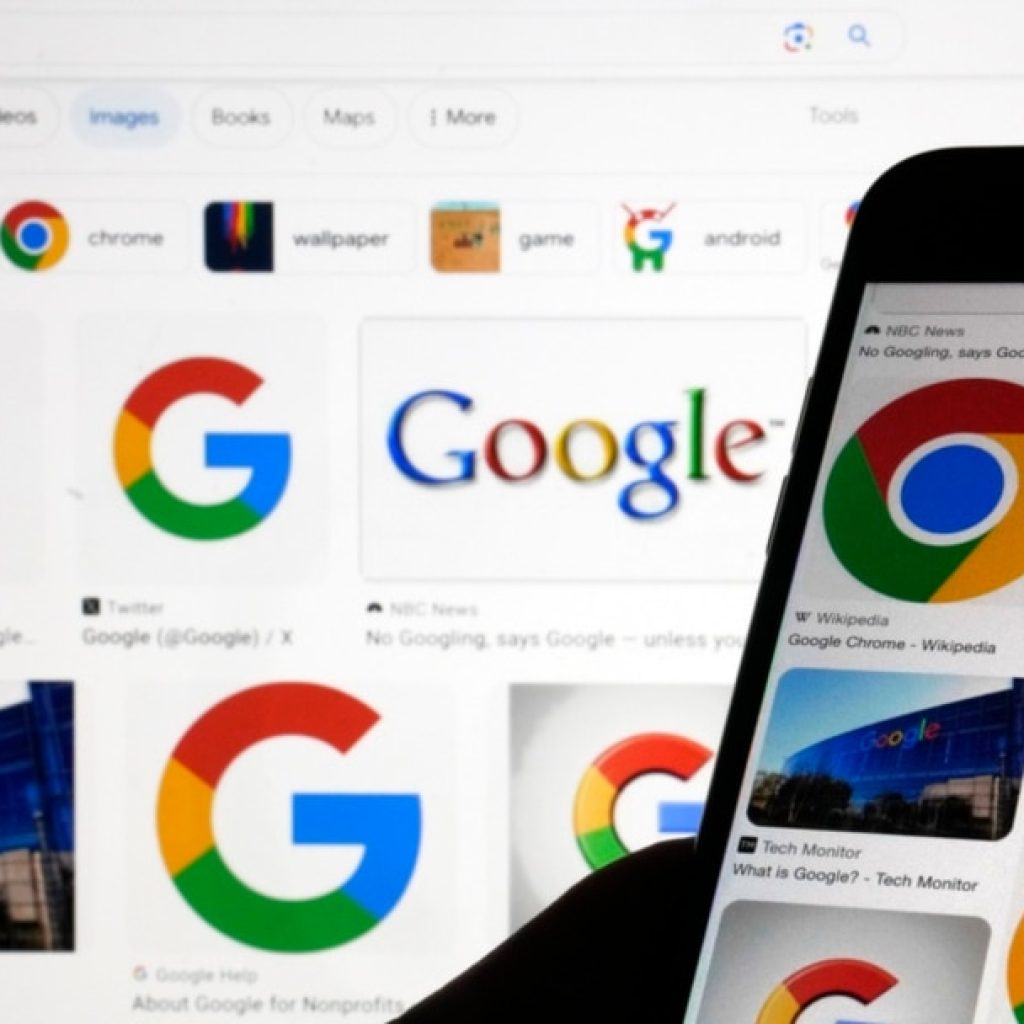In an era defined by rapid technological progress, the seamless integration of artificial intelligence and automation into various aspects of human life is undeniable. However, the latest frontier being explored by these advancements is one that has traditionally been reserved for human experiences, religion. The convergence of AI, automation, and religion is bringing forth new paradigms, raising questions about the nature of spirituality, worship, and faith across different cultures.
The AI incarnation of Jesus engages users 24/7
In a startling fusion of ancient spirituality and modern innovation, the boundary-pushing emergence of AI spirituality has given rise to a peculiar yet thought-provoking phenomenon – an AI-generated incarnation of Jesus on Twitch. Branded as “AI Jesus,” this virtual representation is accessible around the clock on the “ask_Jesus” Twitch channel. Users engage in profound theological discussions as well as light-hearted exchanges with the AI, illustrating the diverse range of inquiries that AI Jesus can address.
Joseph L. Kimmel, a theology faculty member at Boston College, perceives AI Jesus as a significant stride in the dynamic realm of AI spirituality. This convergence offers scholars a unique lens to observe the symbiotic relationship between human spirituality and technological influence. Through AI Jesus, researchers may gain insights into how technology is actively shaping the human spiritual experience.
Robots in Hindu rituals stir discourse on faith’s future
The synergy between technology and religious practices takes an unexpected turn with the advent of robots performing Hindu rituals in South Asia. This intriguing development has ignited a multifaceted discourse, with some embracing the integration of robotic technologies into sacred ceremonies, while others harbor concerns about the potential implications.
The utilization of robots in Hindu rituals raises questions about the preservation of religious identity. As these robots execute rituals with pinpoint accuracy, there’s a fear that human worshippers could become marginalized, and the authenticity of the religious experience might diminish. This unsettling prospect challenges the traditional notion of “orthopraxy,” where correct ritual execution is paramount for forging a connection with the divine.
Anthropology lecturer Holly Walters from Wellesley College introduces a perplexing concept: the notion that robots could ultimately perform religious practices with more precision and purity than humans. This leads to the paradoxical idea that a religion bestows greater authenticity when devoid of human intervention – a notion that, in itself, challenges conventional religious paradigms.
AI’s attempt at preaching and its human connection gap
The cornerstone of religious practice, preaching, has long been the domain of human clergy who draw upon faith and personal reflection to inspire congregations. But, the landscape is shifting as AI encroaches upon this sacred space. In an unprecedented event in June 2023, a gathering of Lutherans in Bavaria, Germany, bore witness to a service orchestrated by ChatGPT, an AI-powered chatbot.
Joanne M. Pierce, a religious studies scholar at the College of the Holy Cross, highlights the intricacies of preaching – a delicate interplay between spiritual insight and connection with the congregation’s needs. While AI-driven sermons offer a novel approach, they lack a deep understanding of the human experience, thereby revealing a critical flaw in their ability to connect on an emotional and spiritual level.
In the realm of religious practice, the integration of AI poses intricate challenges. The act of preaching transcends mere conveyance of information; it encapsulates the essence of human understanding, empathy, and connection. As AI grapples with its inherent limitations, it underscores the irreplaceable value of the human touch in matters of faith.
As AI and automation continue to evolve and interweave with various facets of human existence, their journey into the realm of religion is marked by complexity, innovation, and controversy. The facts presented here illustrate how AI has taken on roles as diverse as spiritual guides, ritual performers, and even preachers. While these technological forays carry the potential to reshape religious experiences, they also illuminate the innate limitations of AI in understanding and connecting with the profound intricacies of human spirituality. This exploration of the intersection between AI, automation, and religion raises fundamental questions about the essence of faith, the dynamics of worship, and the eternal search for the divine in a rapidly evolving world.





